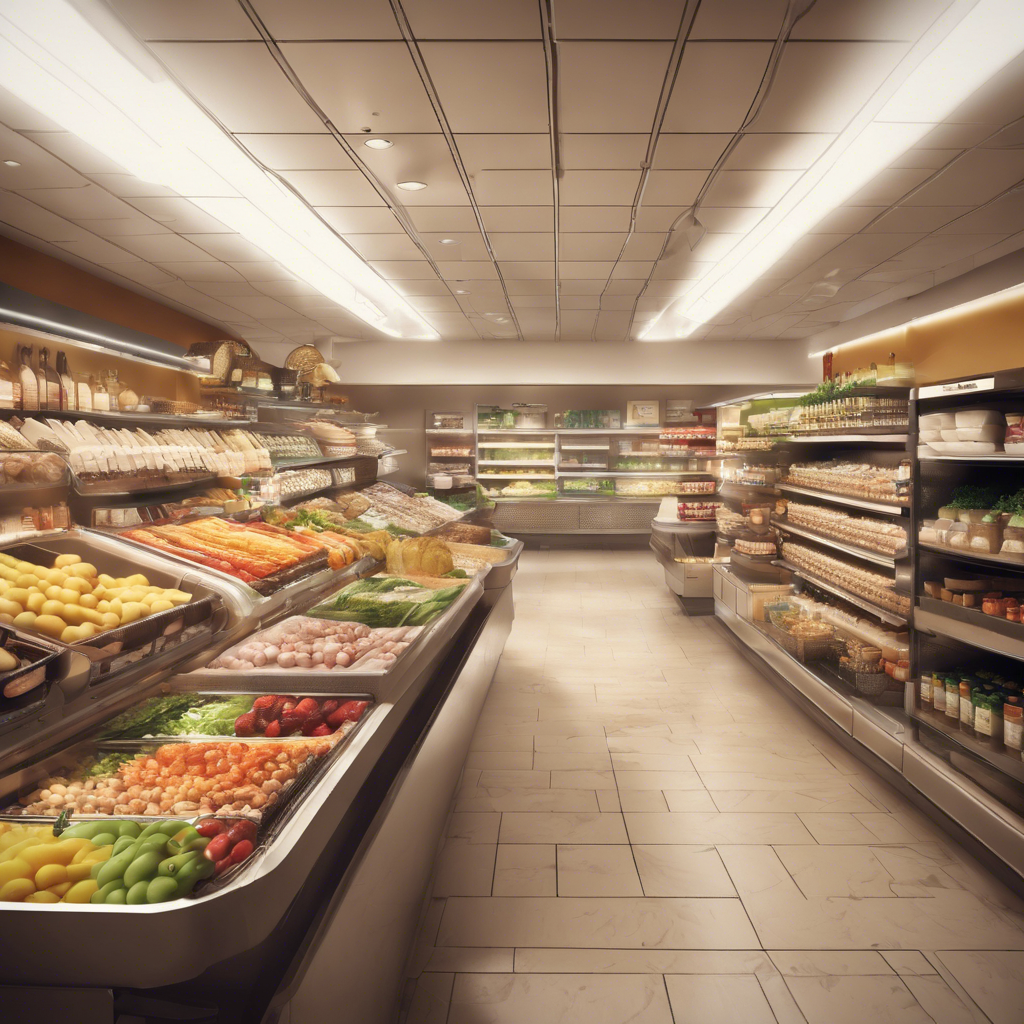Unlocking the Secrets to Extending Food Freshness: A Guide for Everyone
- Best Deals
- Jun 5, 2024
- 3 min read
In a world where food waste is a pressing issue, maximizing the shelf life and freshness of food products is a crucial skill. Whether you're a seasoned home cook or a newbie in the kitchen, understanding how to properly store and handle your groceries can not only save you money but also contribute to reducing food waste. In this comprehensive guide, we'll explore top tips and tricks to help you make the most out of your food purchases and keep your kitchen stocked with fresh ingredients for longer.

Understanding Expiry Dates: They're Not Set in Stone
One common mistake many people make is blindly following expiry dates without considering other factors that affect food freshness. While expiry dates provide a general guideline for when a product may start to degrade, they are not definitive indicators of spoilage. In many cases, items such as canned goods, dry pantry staples, and even dairy products can be safe to consume past their printed expiry dates, as long as they are stored correctly. By using your senses to evaluate the quality of the food, you can often extend its shelf life beyond the date on the package.
Proper Storage Techniques: The Key to Longevity
The way you store your food plays a significant role in its freshness. For instance, keeping fruits and vegetables in the crisper drawer of your refrigerator can help maintain their crispness and flavor for longer periods. Similarly, storing pantry items like grains and flour in airtight containers can prevent moisture and insects from compromising their quality. By organizing your kitchen and implementing proper storage techniques, you can significantly extend the shelf life of your groceries.
The Freezer: Your Best Ally in Food Preservation
One of the most underutilized tools in the kitchen for preserving food is the freezer. Freezing items like meat, bread, and even fresh herbs can help you maintain their freshness for months. Additionally, batch cooking and freezing individual portions can save you time and money in the long run, ensuring that you always have a hearty meal ready to go at a moment's notice. Understanding how to freeze different foods safely can be a game-changer in reducing food waste and maximizing your grocery budget.
Reviving Sad Produce: Freshness Isn't Lost Forever
We've all been there—opening the refrigerator to find a sad bunch of wilted greens or a shriveled lemon. Instead of throwing them out, consider reviving these items to extend their usability. For example, soaking wilted greens in ice water can help rejuvenate their crispness, while microwaving a slightly dried-out citrus fruit can make it easier to juice. With a little creativity and some kitchen hacks, you can breathe new life into seemingly tired produce and minimize unnecessary waste.
DIY Preservation: Canning, Pickling, and Fermenting
If you're looking to take your food preservation skills to the next level, consider exploring methods like canning, pickling, and fermenting. These traditional techniques not only help extend the shelf life of various foods but also add unique flavors and textures to your dishes. Whether you're making your own jams, pickles, or kimchi, experimenting with DIY preservation can be a fun and rewarding way to ensure that your ingredients stay fresh for the long haul.
By following these tips and incorporating them into your daily routine, you can become a pro at maximizing the shelf life and freshness of your food products. Not only will you save money and reduce waste, but you'll also enjoy the satisfaction of making the most out of every ingredient in your kitchen.
So, the next time you're unpacking your groceries or considering tossing out that slightly wilted vegetable, remember these strategies for extending food freshness. Your wallet—and the planet—will thank you!



Comments